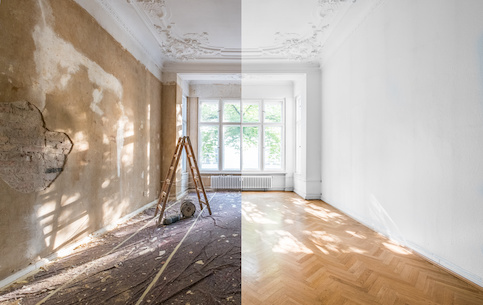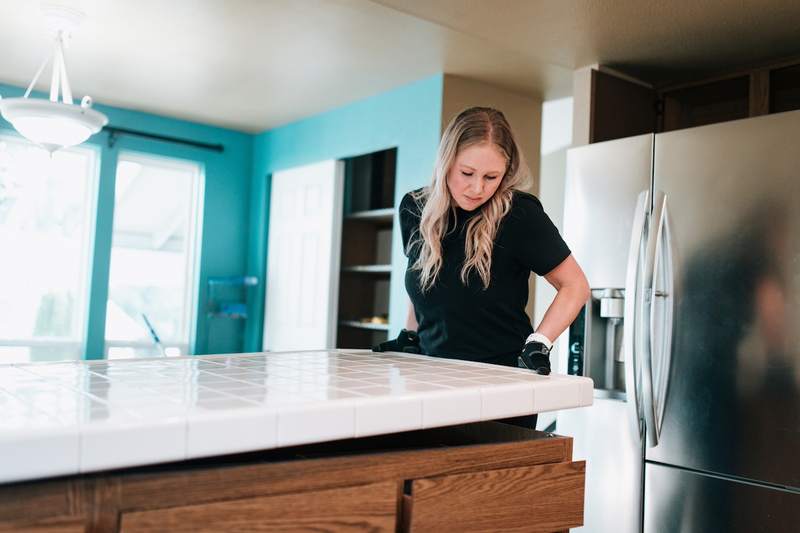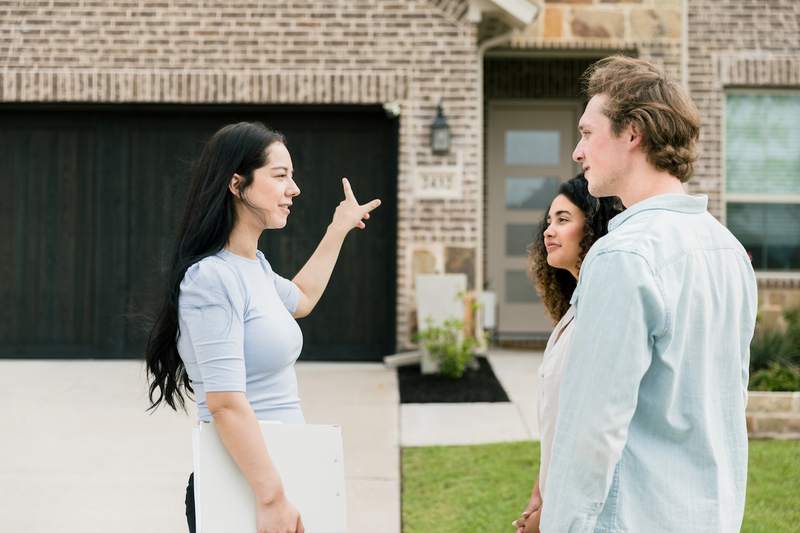If you’re an eligible veteran, service member or surviving spouse, a VA loan from the Department of Veterans Affairs (VA) can help you purchase or refinance a home with low upfront costs. However, low costs don’t necessarily mean no costs. Like other types of home loans, VA loan borrowers will have to pay fees known as closing costs to lenders for processing their loan.
Fortunately, VA loan borrowers have options to reduce the amount they pay out of pocket. In this article, we’ll answer what VA loan closing costs are and if closing costs can be included in a VA loan.
What Are VA Loan Closing Costs?
The term “closing costs” broadly refers to the fees you’ll pay your lender at closing. Typically, that includes homeowners insurance, taxes, real estate agent commissions and the lender’s fees for servicing the mortgage, among other various costs and fees. However, the specific closing costs you’ll pay can depend on the type of loan you choose.
Fortunately, one special thing about VA home loans is that they don’t require a down payment, which can significantly reduce the total upfront amount you would otherwise pay when you close on your mortgage.
See What You Qualify For
Buy A Home
Discover mortgage options that fit your unique financial needs.

Refinance
Refinance your mortgage to have more money for what matters.
Tap Into Equity
Use your home’s equity and unlock cash to achieve your goals.
How Much Are VA Loan Closing Costs?
The amount you pay in closing costs depends on your loan type, your lender, the size of your home and other factors. Typically, however, you should expect closing costs to range from 3% – 6% of the total loan amount. Many of these fees are the same as you would pay with a conventional loan, while others are unique to VA loans.
Closing Costs For VA Mortgages Vs. Conventional Mortgages
Just as there are different qualifications for a VA loan, you might see different fees listed on your loan estimate for a VA loan. Here are some important differences to keep in mind as you budget.
VA Funding Fee
Most VA loan borrowers must pay a VA funding fee for a home purchase or refinance. The amount you pay depends on whether or are a first-time or subsequent VA loan borrower, the size of your down payment, the VA loan type and other factors.
- For first-time borrowers: The fee tends to range from 1.25% of the loan amount if your down payment is 10% or more down to 2.15% if you pay less than 5% down.
- For subsequent borrowers: The fee tends to range from 1.25% of the loan amount if your down payment is 10% or more down to 3.3% if you pay less than 5% down.
The funding fee is one expense that you can add to your loan total for a reduced upfront closing costs payment at the closing table.
That being said, not all borrowers are required to pay a VA funding fee. If you meet certain requirements, then you can waive the funding fee completely.
VA Appraisal Fee
Before you can get approved for a VA loan, you’ll need to hire an appraiser who is certified by the VA. That’s because the VA has minimum property requirements, or MPRs, to ensure a home is safe and livable. In exchange for these services, you’ll have to pay a VA appraisal fee.
The amount you pay will depend on the specific property and your location. Check out the VA’s appraisal fee guide to see the maximum you’ll pay based on county and state.
Who Pays Closing Costs On A VA Loan?
If you’re worried about paying all of your loan closing costs, don’t panic just yet. The VA prohibits lenders from charging the borrower certain expenses. Plus, sellers may be convinced to pay some closing costs on your behalf.
Let’s walk through both of these situations.
Non-Allowable Fees
Non-allowable fees are expenses that lenders can’t charge the borrower, based on guidelines from the VA. These include prepayment penalties, attorney fees and any settlement charges.
Just because the borrower doesn’t pay these charges, however, doesn’t mean that the seller is now responsible. In certain cases, the lender or other relevant parties may decide to cover these costs instead. Talk with your lender to see which of your closing costs they may cover or reduce based on your situation.
Seller Concessions
Seller concessions are closing costs that the seller agrees to pay for the buyer to lower the amount you owe on closing day. For a VA loan, the seller will typically pay the real estate agent commissions, the brokerage fee and the buyer broker report. For home purchases, the seller will also usually pay for the termite inspection report, though not always.
Depending on the market, the seller may choose to pay additional closing costs. If a home you’re interested in has been on the market for a while or you’re house shopping in a buyer’s market, it could be worth negotiating with the seller.
Take the first step toward the right mortgage.
See what you can afford.
VA Loan Closing Cost FAQs
Have more questions about VA loan closing costs? Here are the answers to some frequently asked questions.
Do VA loans require an origination fee?
Like conventional loans, VA loans include an origination fee to originate, or process, the loan. Certain lenders may split your origination fee into a processing fee and an underwriting fee. Origination fees usually cost 0.5% – 1% of your mortgage (before factoring in your discount points). The good news is that the VA limits the amount lenders can charge VA borrowers to no more than 1% for these fees.
Can I purchase discount points for a VA mortgage?
When you purchase a discount point on your mortgage, you’re essentially paying cash upfront to reduce the interest rate on your mortgage. Discount points save you money over the length of the loan, though each point is priced at 1% of the loan.
Since VA loans are eligible for discount points, you’ll need to decide if and how many points you’d like to purchase.
Can VA loan closing costs get rolled into your loan?
Although you can’t include all of your closing costs in your mortgage, the VA does allow you to roll your VA funding fee into your total loan amount. By financing your funding fee with the rest of your loan, you’ll instead repay the amount over time.
Keep in mind that rolling closing costs into your loan amount means you’ll pay interest on that borrowed money. You’ll pay more in interest over the lifetime of the loan, but it might be worth it if you want to finalize your loan as soon as possible or don’t have excess cash on hand.
The Bottom Line
VA loans require no down payment and allow borrowers to roll their funding fee into the total loan balance. Taking advantage of these benefits can help you get into your dream home more quickly, but be aware that you’ll likely pay more in interest over time.
Ready to Find Out What You Qualify For?
See options that work for your unique financial situation.

Victoria Araj
Victoria Araj is a Staff Writer for Rocket Companies who has held roles in mortgage banking, public relations and more in her 15-plus years of experience. She has a bachelor’s degree in journalism with an emphasis in political science from Michigan State University, and a master’s degree in public administration from the University of Michigan.












